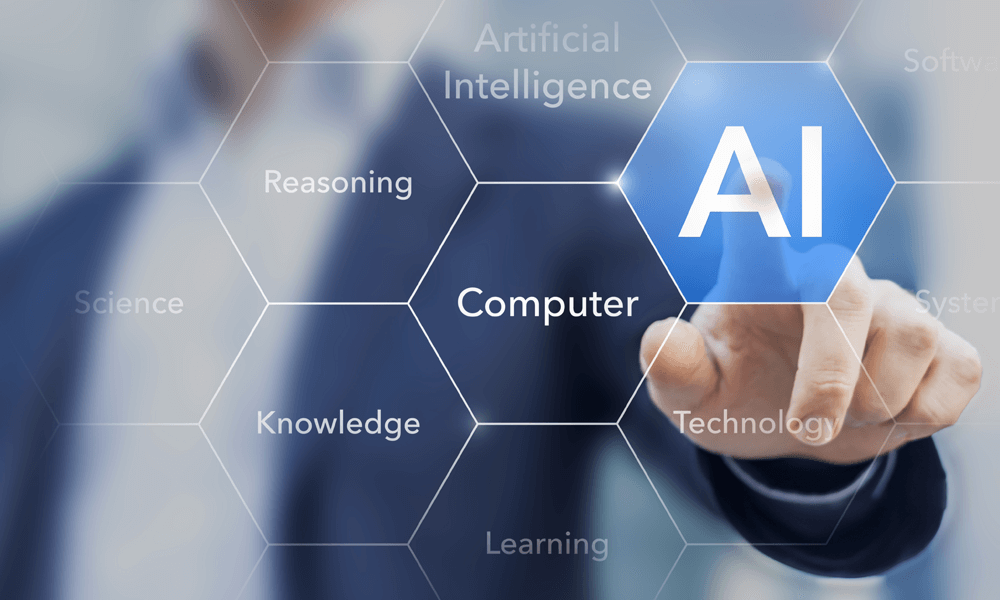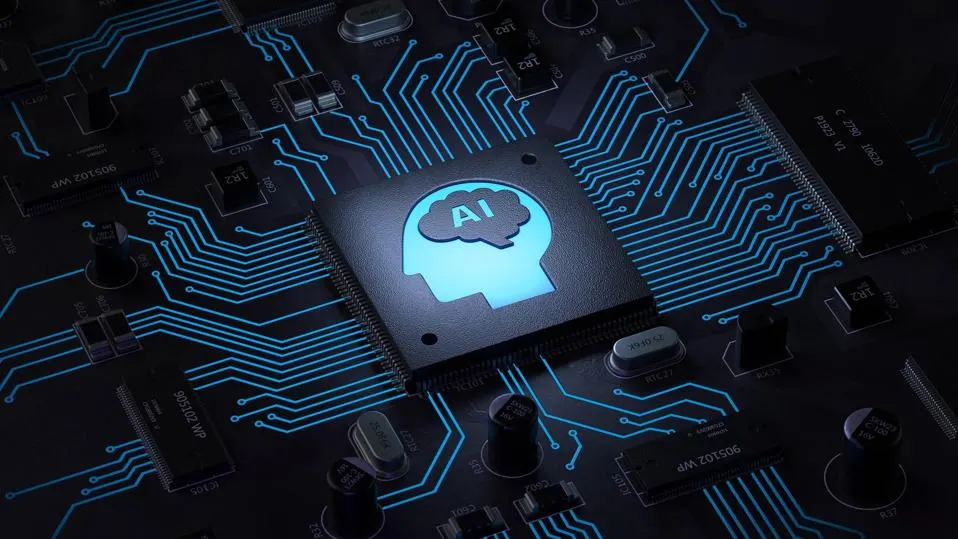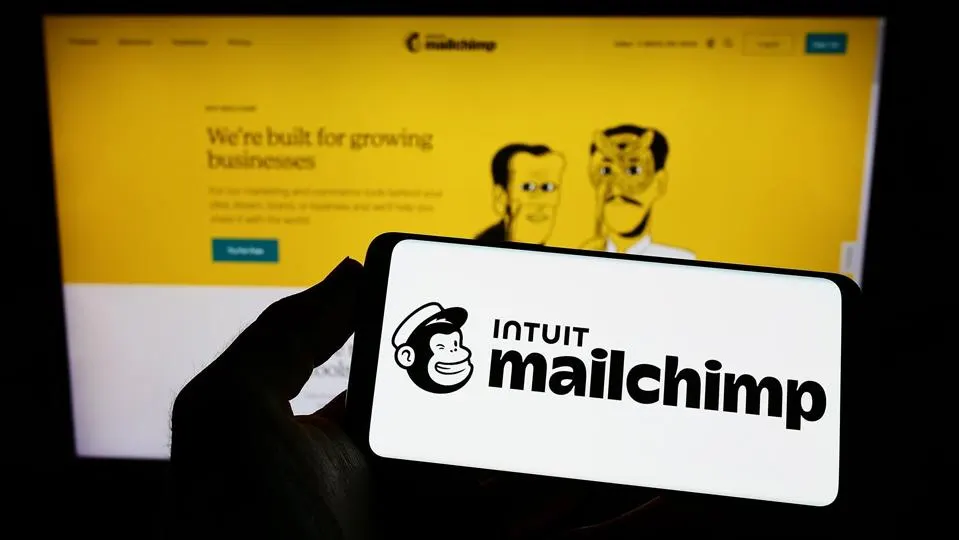What is AI?
2 July 2021
Ten years ago, if you mentioned the term “artificial intelligence” in a boardroom there’s a good chance you would have been laughed at. For most people it would bring to mind sentient, sci-fi machines such as 2001: A Space Odyssey’s HAL or Star Trek’s Data.
Today it is one of the hottest buzzwords in business and industry. AI technology is a crucial lynchpin of much of the digital transformation taking place today as organisations position themselves to capitalize on the ever-growing amount of data being generated and collected.

So how has this change come about? Well partly it is due to the Big Data revolution itself. The glut of data has led to intensified research into ways it can be processed, analysed and acted upon. Machines being far better suited to humans than this work, the focus was on training machines to do this in as “smart” a way as is possible.
This increased interest in research in the field – in academia, industry and among the open source community which sits in the middle – has led to breakthroughs and advances that are showing their potential to generate tremendous change. From healthcare to self-driving cars to predicting the outcome of legal cases, no one is laughing now!
What is Artificial Intelligence?
The concept of what defines AI has changed over time, but at the core there has always been the idea of building machines which are capable of thinking like humans.
After all, human beings have proven uniquely capable of interpreting the world around us and using the information we pick up to effect change. If we want to build machines to help us to this more efficiently, then it makes sense to use ourselves as a blueprint!
AI, then, can be thought of as simulating the capacity for abstract, creative, deductive thought – and particularly the ability to learn – using the digital, binary logic of computers.
Research and development work in AI is split between two branches. One is labelled “applied AI” which uses these principles of simulating human thought to carry out one specific task. The other is known as “generalised AI” – which seeks to develop machine intelligences that can turn their hands to any task, much like a person.
Research into applied, specialised AI is already providing breakthroughs in fields of study from quantum physics where it is used to model and predict the behaviour of systems comprised of billions of subatomic particles, to medicine where it being used to diagnose patients based on genomic data.
In industry, it is employed in the financial world for uses ranging from fraud detection to improving customer service by predicting what services customers will need. In manufacturing it is used to manage workforces and production processes as well as for predicting faults before they occur, therefore enabling predictive maintenance.
In the consumer world more and more of the technology we are adopting into our everyday lives is becoming powered by AI – from smartphone assistants like Apple’s Siri and Google’s Google Assistant, to self-driving and autonomous cars which many are predicting will outnumber manually driven cars within our lifetimes.
Generalised AI is a bit further off – to carry out a complete simulation of the human brain would require both a more complete understanding of the organ than we currently have, and more computing power than is commonly available to researchers. But that may not be the case for long, given the speed with which computer technology is evolving. A new generation of computer chip technology known as neuromorphic processors are being designed to more efficiently run brain-simulator code. And systems such as IBM’s Watson cognitive computing platform use high-level simulations of human neurological processes to carry out an ever-growing range of tasks without being specifically taught how to do them.
What are the key developments in AI?
All of these advances have been made possible due to the focus on imitating human thought processes. The field of research which has been most fruitful in recent years is what has become known as “machine learning”. In fact, it’s become so integral to contemporary AI that the terms “artificial intelligence” and “machine learning” are sometimes used interchangeably.
However, this is an imprecise use of language, and the best way to think of it is that machine learning represents the current state-of-the-art in the wider field of AI. The foundation of machine learning is that rather than have to be taught to do everything step by step, machines, if they can be programmed to think like us, can learn to work by observing, classifying and learning from its mistakes, just like we do.
The application of neuroscience to IT system architecture has led to the development of artificial neural networks– and although work in this field has evolved over the last half century it is only recently that computers with adequate power have been available to make the task a day-to-day reality for anyone except those with access to the most expensive, specialised tools.
Perhaps the single biggest enabling factor has been the explosion of data which has been unleashed since mainstream society merged itself with the digital world. This availability of data – from things we share on social media to machine data generated by connected industrial machinery – means computers now have a universe of information available to them, to help them learn more efficiently and make better decisions.
What is the future of AI?
That depends on who you ask, and the answer will vary wildly!
Real fears that development of intelligence which equals or exceeds our own, but has the capacity to work at far higher speeds, could have negative implications for the future of humanity have been voiced, and not just by apocalyptic sci-fi such as The Matrix or The Terminator, but respected scientists like Stephen Hawking.
Even if robots don’t eradicate us or turn us into living batteries, a less dramatic but still nightmarish scenario is that automation of labour (mental as well as physical) will lead to profound societal change – perhaps for the better, or perhaps for the worse.
This understandable concern has led to the foundation last year, by a number of tech giants including Google, IBM, Microsoft, Facebook and Amazon, of the Partnership in AI. This group will research and advocate for ethical implementations of AI, and to set guidelines for future research and deployment of robots and AI.
Related Articles
How Generative AI Will Change The Job Of Real Estate Agents
Real estate agents and other professionals in their industry are in the business of selling good old-fashioned solid bricks and mortar.[...]
How BCG Is Revolutionizing Consulting With AI: A Case Study
In a world where AI is transforming every sector, companies are constantly seeking ways to gain a competitive edge.[...]
The Biggest Education Trends Of The Next 10 Years
Education is changing rapidly. In today’s fast-moving world, a model where we graduate in our youth prepared for a lifelong career is simply no longer valid.[...]
Is This AI’s IPhone Moment?
Today, the term “iPhone moment” is frequently used to refer to a technology breaking through into the mainstream.[...]
AI Politicians: The Future Of Democracy Or A Threat To Freedom?
2024 is a big year for democracy, with over two billion of us voting in elections across the US, India, the EU, the UK and many other countries and territories.[...]
How Mailchimp Hopes To Build The End-To-End AI Solution For SMEs
I often write about AI's potential to transform any business. Yet, a question I frequently get from small businesses is, "Does that really include us?"[...]
Sign up to Stay in Touch!
Bernard Marr is a world-renowned futurist, influencer and thought leader in the fields of business and technology, with a passion for using technology for the good of humanity.
He is a best-selling author of over 20 books, writes a regular column for Forbes and advises and coaches many of the world’s best-known organisations.
He has a combined following of 4 million people across his social media channels and newsletters and was ranked by LinkedIn as one of the top 5 business influencers in the world.
Bernard’s latest book is ‘Generative AI in Practice’.










Social Media